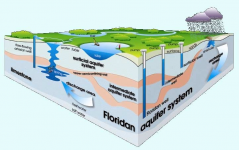Summer Schedules start next month for MBTA's commuter rail. And they finally include the return of the weekend service that was cut last year.
However, one community is fighting to keep weekend service out of their town. They have enjoyed the peace and quiet over the last year and do not want the noise of trains to return over the weekend.
Looks like saturday service will return, but not sonday, where a recently past ordinance bans trains on sundays.
I'm just rolling my eyes at this. Petition the FRA for your community to be a quiet zone, which means no horns at grade crossings and help pay for crossing upgrades so that the community can become a quiet zone.
This is the case of an affluent Boston suburb being a pain in the ass. Okay, so maybe most people in this neighborhood don't use public transportation, but by you preventing sunday service through your town it hurts the people who live in the towns further out how do use public transportation and commuting into Boston.
However, one community is fighting to keep weekend service out of their town. They have enjoyed the peace and quiet over the last year and do not want the noise of trains to return over the weekend.
Looks like saturday service will return, but not sonday, where a recently past ordinance bans trains on sundays.
I'm just rolling my eyes at this. Petition the FRA for your community to be a quiet zone, which means no horns at grade crossings and help pay for crossing upgrades so that the community can become a quiet zone.
This is the case of an affluent Boston suburb being a pain in the ass. Okay, so maybe most people in this neighborhood don't use public transportation, but by you preventing sunday service through your town it hurts the people who live in the towns further out how do use public transportation and commuting into Boston.




